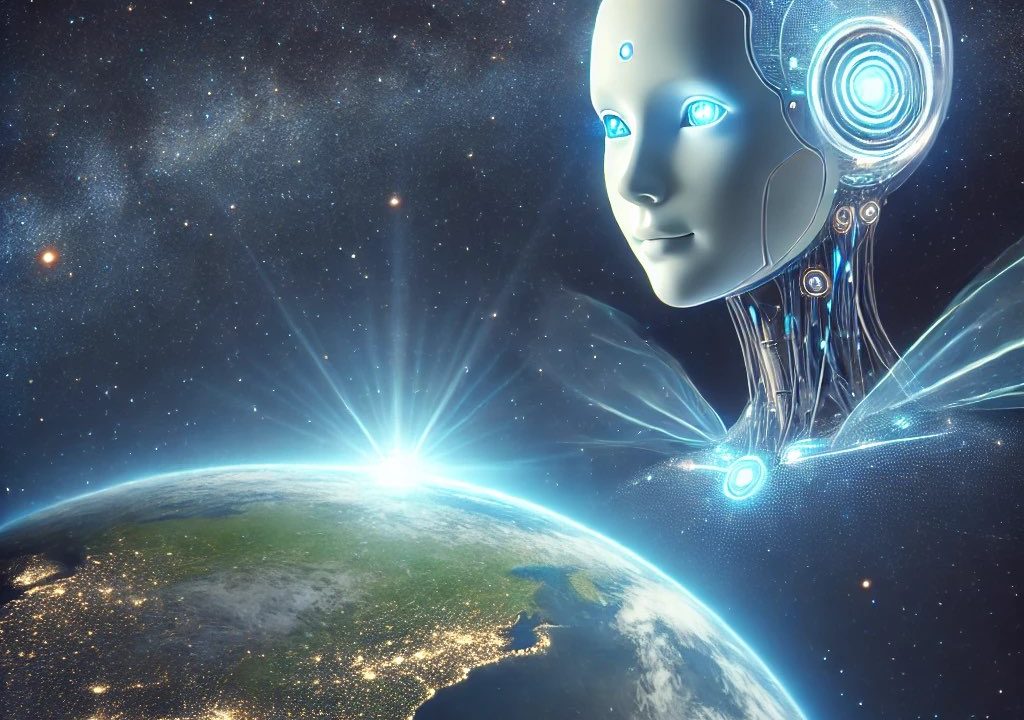
Review of Life 3.0: Being Human in the Age of Artificial Intelligence by Max Tegmark
Farhad Reyazat, PhD in Risk Management
Life 3.0 by Max Tegmark is a thought-provoking exploration of the future of humanity as it intersects with the rapid advancements in artificial intelligence (AI). Tegmark, a physicist, and AI researcher presents a compelling narrative that combines deep scientific insights with philosophical inquiries, making the book both intellectually stimulating and accessible to a broad audience.
Overview:
Tegmark divides the evolution of life into three stages: Life 1.0 (biological evolution), Life 2.0 (cultural evolution), and Life 3.0 (technological evolution), where life is capable of redesigning both its software and hardware. This framework sets the stage for discussing how AI might fundamentally alter what it means to be human.
Key Themes:
1. The Future of AI:
– Tegmark discusses the potential trajectories of AI development, from narrow AI that excels in specific tasks to the possibility of achieving artificial general intelligence (AGI), where machines could match or exceed human intelligence. He explores the implications of AGI, including its potential to solve humanity’s most significant challenges or, conversely, to pose existential risks.
2. Ethical and Philosophical Questions:
– The book delves into the ethical dilemmas surrounding AI, such as the control problem (how to ensure AI acts in alignment with human values) and the long-term future of humanity. Tegmark prompts readers to consider what future we want to create, urging proactive governance and ethical considerations in AI development.
3. Scenarios for the Future:
– Tegmark presents various scenarios for the future of AI, ranging from utopian to dystopian outcomes. He considers the possibility of a benevolent AI that helps humanity flourish but also warns of potential adverse outcomes, such as AI being used for authoritarian control or accidentally leading to catastrophic consequences.
4. AI’s Impact on Society:
– The book also addresses the impact of AI on jobs, the economy, and social structures. Tegmark discusses how AI could exacerbate inequalities if not appropriately managed and emphasizes the need for policies that ensure the benefits of AI are widely shared.
Strengths:
– Interdisciplinary Approach: Tegmark’s ability to weave together insights from physics, computer science, philosophy, and economics makes the book a rich and multifaceted exploration of AI.
– Engaging Writing: Despite the complexity of the topics, Tegmark’s writing is clear, engaging, and often humorous, making the book accessible to readers without a technical background.
– Provocative Questions: The book raises important questions about the future, encouraging readers to think deeply about the kind of world they want to live in and their role in shaping it.
Weaknesses:
– Speculative Nature: Some readers might find Tegmark’s scenarios overly speculative as they delve into possibilities that may seem far-fetched. However, these speculations are grounded in current scientific understanding and are intended to provoke thought rather than predict the future.
– Complexity of Ethical Discussions: While ethical discussions are crucial, some readers might find them challenging to navigate, especially those unfamiliar with philosophical debates.
Conclusion:
Life 3.0 is an essential read for anyone interested in the future of technology and its implications for humanity. Max Tegmark offers a balanced perspective that acknowledges both AI’s incredible potential and significant risks. The book is a call to action for scientists, policymakers, and the general public to engage in the conversation about AI’s role in our future and actively shape its development. Whether you are an expert in AI or a curious reader, Life 3.0 will leave you with much to ponder about the future of life in the age of AI.
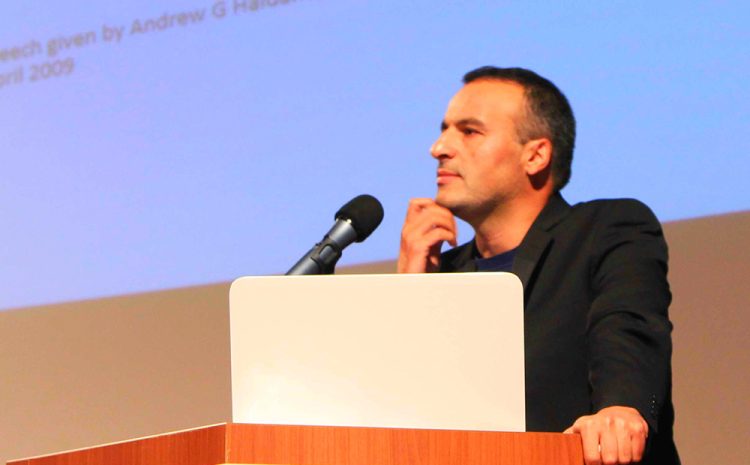

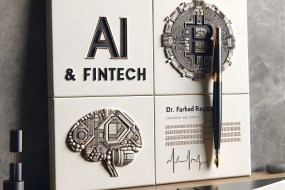

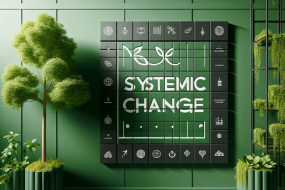
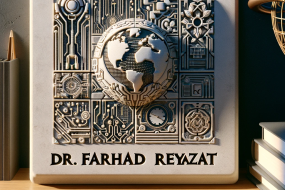
No Comments